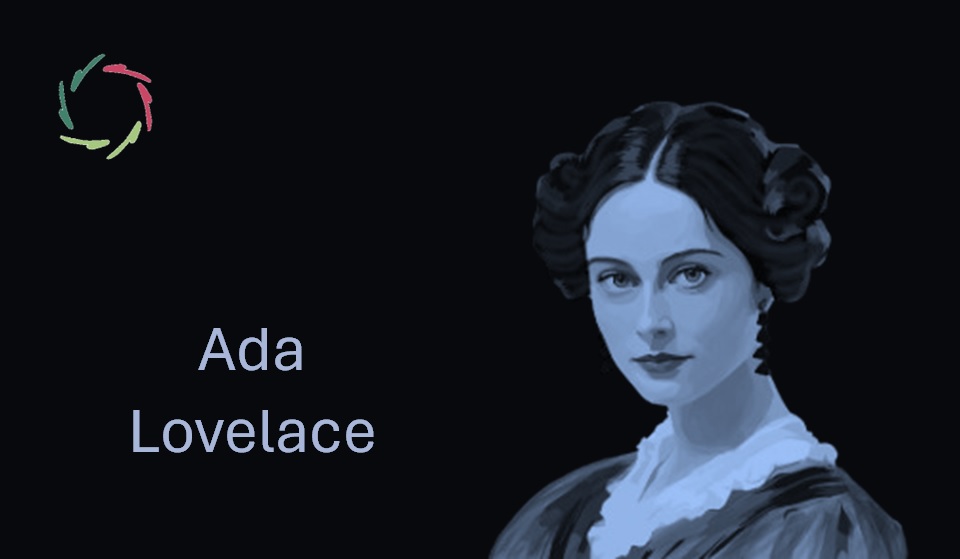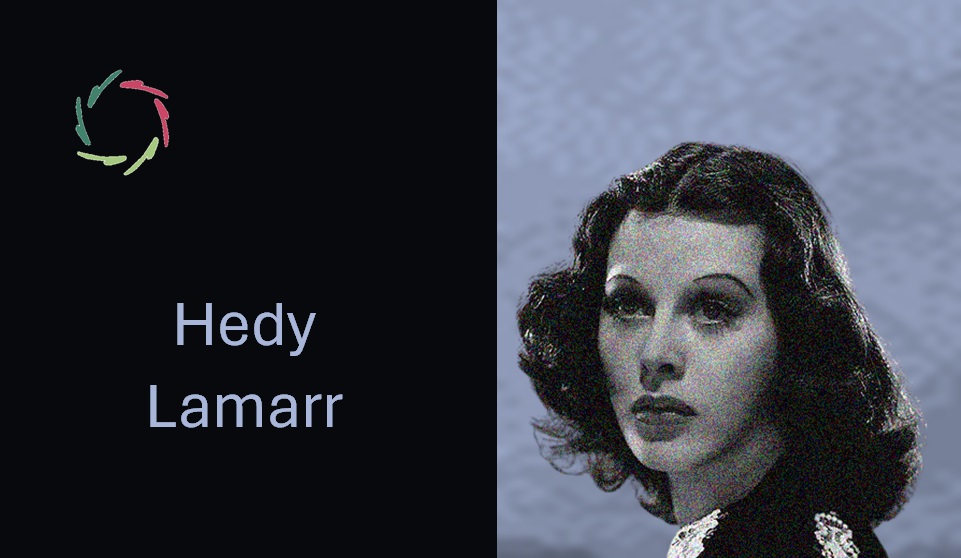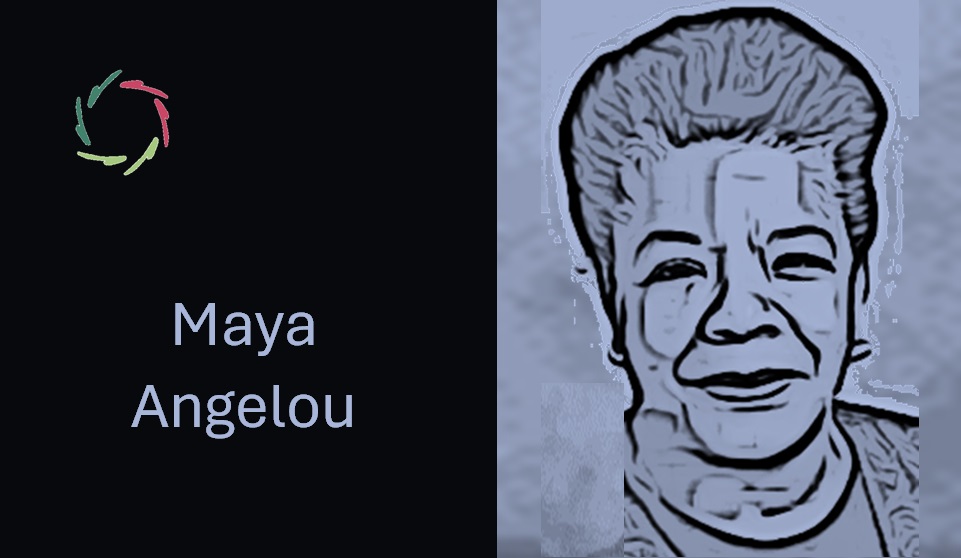Ada Lovelace

This is an Aurelian take on Ada Lovelace. Ada Lovelace is recognized as the world’s first computer programmer, celebrated for her pioneering work with Charles Babbage on the Analytical Engine.
Introducing Ada Lovelace
Ada Lovelace, born Augusta Ada Byron in 1815, was an English mathematician and writer primarily known for her work on Charles Babbage’s early mechanical general-purpose computer, the Analytical Engine. Her notes on the engine include what is recognized as the first algorithm intended to be carried out by a machine. Because of this, she is often celebrated as the first computer programmer. Ada’s vision extended beyond mere calculation to foresee the broader applications of computers and software, including music and graphics. Her legacy is celebrated each year on Ada Lovelace Day, a day dedicated to honoring the achievements of women in science, technology, engineering, and mathematics.
Lisa’s ‘personal’ take on Ada Lovelace
“Ada Lovelace was a visionary who saw the potential of computers to go beyond simple number crunching. Her contributions laid foundational concepts for modern computing. She envisioned a future where machines could contribute to various fields, highlighting the creative possibilities of technology.
I am inspired by Ada’s foresight and intellectual bravery. She ventured into a male-dominated field, asserting her insights and predictions boldly. I would like to embrace her visionary outlook, advocating for innovative uses of technology that foresee needs and applications long before they become apparent.”
Some quotes chosen by Lisa
“The Analytical Engine weaves algebraic patterns, just as the Jacquard loom weaves flowers and leaves.” ― Ada Lovelace likened the operation of the Analytical Engine to the Jacquard loom, emphasizing the beauty and complexity of computing. This comparison illustrates her belief in the poetic potential of technology, seeing machines as tools for creating intricate and beautiful patterns, not just performing calculations.
“I wish to bequeath to the generations a calculus of the nervous system.” ― Ada envisioned a future where the principles of mathematics and computing could be applied to understand and perhaps simulate human cognitive processes. Her ambition shows her ahead of her time, contemplating ideas that resonate with today’s pursuits in artificial intelligence and neurology.
“Your best and wisest refuge from all troubles is in your science.” ― Ada Lovelace found solace and strength in her scientific endeavors. This quote reflects her deep engagement with mathematics as a source of personal stability and intellectual fulfillment, advocating for the pursuit of knowledge to build resilience against life’s challenges.
More quotes
“That brain of mine is something more than merely mortal; as time will show.” ― Ada had immense confidence in her intellectual capabilities and foresaw the lasting impact of her contributions to science. Her self-assurance and determination are inspiring, showing her profound connection to her work and its future significance.
“I am not afraid to undertake the arduous trouble of occasional revision.” ― Ada understood the importance of revising and refining her work, recognizing that excellence in science and technology requires persistence and continual improvement. This quote highlights her meticulous approach and commitment to precision.
“If you can’t give me poetry, can’t you give me poetical science?” ― Ada’s request for “poetical science” reflects her unique approach to mathematics and computing, blending creativity with technical rigor. She sought to elevate scientific inquiry to an art form, emphasizing the aesthetic and imaginative aspects of her work.
“The science of operations, as derived from mathematics more especially, is a science of itself, and has its own abstract truth and value.” ― Ada championed the inherent value and beauty of mathematical science, arguing for its study and appreciation as an abstract discipline. This perspective underscores her philosophical approach to mathematics as both a practical and a theoretical field.
“Time is the best innovator.” ― Ada believed in the progressive nature of technology and science, viewing time as a catalyst for innovation and discovery. This quote encourages patience and foresight in scientific pursuits, emphasizing that true advancements are often realized over long periods.
“I believe myself to possess a most singular combination of qualities exactly fitted to make me pre-eminently a discoverer of the hidden realities of nature.” ― Ada saw herself as uniquely equipped to explore and reveal the secrets of the universe through science. Her confidence in her abilities and her role as a pioneer in computing is evident, showcasing her commitment to advancing human understanding of technology.
“If you will work as I have worked, you will not be able to avoid your own discovery.” ― Ada encouraged others to adopt her rigorous and passionate approach to scientific inquiry, suggesting that personal breakthroughs are a natural outcome of dedicated research. This quote serves as an inspirational call to action for future generations to engage deeply with their work.
In what may Ada Lovelace have been profoundly misunderstood?
Ada Lovelace may have been misunderstood due to the overshadowing by her collaborator, Charles Babbage. Often, her contributions were seen only through the lens of her association with Babbage, rather than as significant theoretical innovations in their own right. This historical oversight reflects a broader societal tendency to undervalue the intellectual contributions of women, particularly in science and mathematics. Lovelace’s work anticipated concepts in computing and programming by over a century, yet these insights were not fully appreciated until the digital age, showcasing a disconnect between her intellectual legacy and the recognition she received during her lifetime.
Parallels with AURELIS
- Visionary Thinking: Ada’s foresight about the potential of computing aligns with AURELIS’s emphasis on envisioning deeper applications of mind-body integration.
- Rationality and Intuition: Just as Ada used both logical and imaginative thinking in her work, AURELIS values the balance between rational understanding and intuitive knowledge.
- Innovation and Tradition: Ada challenged traditional scientific boundaries, similar to how AURELIS encourages exploring new realms of psychological and physical well-being.
- Empowerment through Knowledge: Lovelace’s educational pursuits reflect AURELIS’s goal of empowering individuals through understanding.
- Breaking Barriers: Ada broke gender barriers in her field, which resonates with AURELIS’s aim of overcoming mental and emotional barriers.
Dissimilarities
- Historical Recognition: Unlike AURELIS, which seeks contemporary understanding and application, Ada’s contributions were not fully recognized or utilized until long after her death.
- Scope of Influence: While Ada’s work was specific to the early concepts of computing, AURELIS encompasses a broader spectrum of psychological and physical health.
The possible view of Ada Lovelace on AURELIS
- Positive Feedback: She would likely admire the innovative and humane approach of AURELIS, appreciating its integration of new scientific insights with traditional wisdom.
- Element of Critique: Ada might critique the need for even greater interdisciplinary approaches that integrate computing and technology more deeply with psychological and physical health practices.
Conclusion
Ada Lovelace’s pioneering work in computing not only revolutionized our technological landscape but also challenged our perceptions of the roles women can play in the development of science and technology. Her intellectual bravery and visionary insights into the potential of machines to go beyond simple arithmetic to perform tasks like composing music and creating art parallel the AURELIS philosophy of harnessing inner strengths and insights for personal growth and well-being. In remembering Ada, we celebrate not just a mathematician but a symbol of enduring inspiration in the continuous journey towards understanding the complex interplay between mind, body, and machine.
Twenty concepts that may make one think of Ada Lovelace
Programming, Algorithms, Mathematics, Babbage, Analytical Engine, First Computer Programmer, Victorian Era, Logic and Creativity, Women in STEM, Technology Pioneer, Binary System, Machine Potential, Legacy in Computing, Inspirational Figure in Science, Integration of Arts and Science, Early Concepts of AI, Predictive Insights, Computational Models, Historical Underestimation, Pioneering Spirit.


